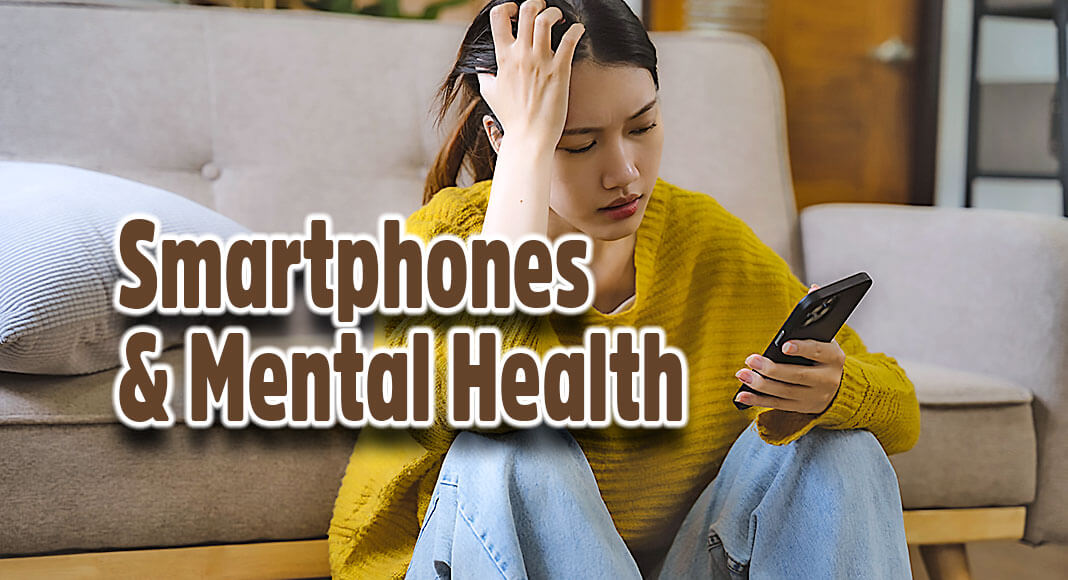
Mega Doctor News
By New York Institute of Technology, New York Tech
This Mental Health Awareness Month, one researcher explains why “unplugging” from your smartphone could improve your psychological well-being.
Melissa Huey, Ph.D., assistant professor of psychology at New York Institute of Technology, studied the impact of smartphones in the college classroom and discovered that the devices were damaging students’ mental health.
Huey and a colleague conducted a six-week study to see how college students’ mindfulness, anxiety, and course comprehension were affected when smartphones were removed from the classroom vs. when they were physically present.
In two classes, students handed in their smartphones at the beginning of the lecture. In two other classes, which served as a control group, students kept their phones and used them with no limitations. At the end of the six-week study, students self-reported scores on course comprehension, mindfulness, and anxiety levels.
“Students who handed in their smartphones reported much higher comprehension and mindfulness scores. In addition, they reported lower levels of anxiety,” Huey notes. “However, the opposite was true for those who kept their phones. These students reported lower comprehension and mindfulness scores and higher anxiety levels.”
Huey’s findings, which were published in the journal Innovative Higher Education, make a strong case for taking smartphone breaks.
This is not the first time that she has explored how technology affects mental health in younger individuals. In 2021, Huey authored an International Business Timesop-ed contending that smartphones and social media were eroding Gen Z’s critical thinking abilities. The following year, she commented on a study that found TikTok’s algorithm offered teens psychologically damaging content that promoted self-harm and eating disorders.










